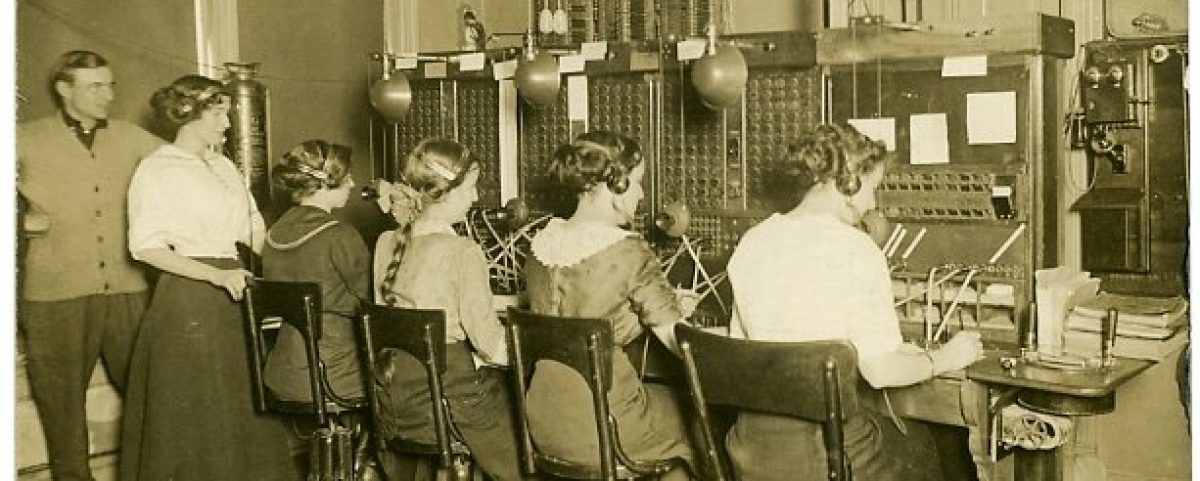While wrapping up research at the Delaware Public Archives a few days ago, an attractive poster proclaiming October as national archives month caught my attention. This got me to thinking about how repositories such the one in Dover serve an important function, preserving governmental records, manuscripts, photographs, and others materials from the past. Unlike a regular library where most information comes from books and periodicals, researchers go to these places to gather firsthand facts, data, and evidence from original sources. The study of the past, whether it’s for a family history project or some scholarly matter, is greatly enhanced when we have strong repositories to protect, organize and provide access to priceless materials.
In Delaware, the public is particularly fortunate as the Hall of Records in Dover, a premiere spot for digging into the past with primary sources, is one of the best around. Whether someone is searching for relatives from generations ago, clues about an aspect of the community’s heritage or other elusive historical facts, there’s a good chance that those stacks hold some clues. It is one of the oldest special collections institutions in the nation, and there are over 4-million documents, 800,000-photographs, and 16,000-audio-visual holdings, according to a press release.
While the records are strong and First State researchers have an up-to-date facility, those vital factors aren’t the most impressive aspect of this state agency. What really stands out is the quality of the staff as they have some of the best archivists and support professionals around helping patrons sort through what is often confusing jumbles of records. Working with visitors, knowledgeable staffers patiently aid the novice and the professional alike, helping develop search strategies, find records and untangle the meanings of those documents as they track down elusive facts. Often when I’ve been stumped by something the staff has helped me successfully mine sources created centuries ago, directing me to materials and sharing the intricacies of how to work with those old manuscripts. That practice is simply the norm every day for every visitor at the Delaware Public Archives as the staff maintains vital historical records, which strengthens collective memory and effectively preserves the heritage of the First State.
That poster from a few days ago reminded about the value of these places and what an asset researchers have in the Delaware Public Archives.

Like this:
Like Loading...
 In conjunction with the 200th anniversary of the War of 1812, the Maryland Humanities Council is offering a special speakers bureau series focusing on that conflict. I am pleased to be selected to serve as one of the presenting scholars. Here are the descriptions of my two programs:
In conjunction with the 200th anniversary of the War of 1812, the Maryland Humanities Council is offering a special speakers bureau series focusing on that conflict. I am pleased to be selected to serve as one of the presenting scholars. Here are the descriptions of my two programs:
